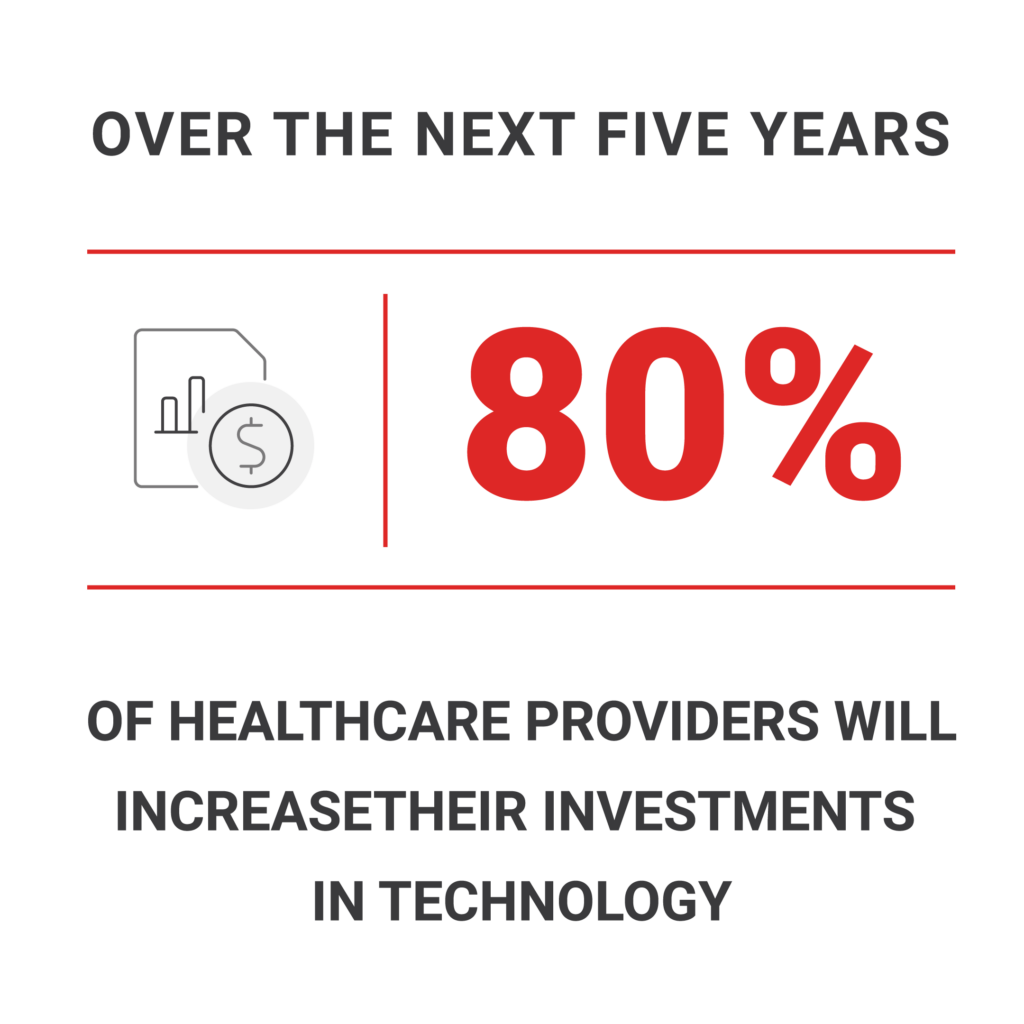As we approach the dawn of a new year, it’s time for surgery centers to chart a course with 2025 resolutions that promise a brighter and more efficient operation.
In the relentless pace of surgery center life, daily survival often takes precedence over setting annual goals.
But, how can organizations improve quality of life for patients, staff, and healthcare providers?
1. Embrace Opioid Alternatives – No Pain Act Going Into Effect Soon
While surgery has traditionally been linked to post-operative opioid prescriptions for severe pain, the alarming surge in opioid addiction necessitates exploring alternatives. The CDC’s report of nearly 92,000 drug overdose deaths in 2020, with opioids implicated in 75% of cases, underscores the urgency.
Enter cutting-edge medical technology offering alternatives to opioids. Take, for instance, the ambIT electronic pain pump, a revolutionary solution delivering intermittent medication via a catheter strategically placed during surgery. This innovative approach manages breakthrough pain effectively with boluses of anesthetic and numbing medication, presenting a promising shift away from traditional opioid reliance.
In face, in 2025 the No Pain Act will go into effect. In this legislation, Medicare will cover more opioid-alternative pain options for patients.
2. Efficient Surgical Workflow: Eliminate Post-Op Dictation
Bid farewell to post-operative dictation in 2024. Surgeons seeking to streamline their workflow can set a goal for the new year by implementing anti-ERM systems like PRO-MAPP. This software not only accelerates the surgical process but also produces same-day operative reports, reducing the time between service and billing.
By collecting and processing data throughout the surgery, PRO-MAPP eliminates the need for post-op dictation. The result? A reduction in patient data errors and potential monthly savings of up to $3,000 in dictation fees for surgery centers.

3. Allocate Budget for Technological Advancements
In alignment with the HIMSS Future of Healthcare Report projecting an 80% increase in technology investments by healthcare providers over the next five years, surgery centers should prepare to adopt new technology. The evolving landscape of robotics and artificial intelligence in surgical procedures presents opportunities for enhanced precision, less invasive surgeries, and assistance with physically demanding tasks.
While the initial investment in these technologies may be substantial, the potential benefits include increased daily case volume for surgeons and an extended career lifespan. Consider this a strategic allocation of resources to keep surgery centers at the forefront of medical advancements.
4. Sustain Quality Outpatient Surgeries at Reduced Costs
The unique appeal of surgery centers lies in their ability to deliver high-quality outpatient surgeries at a fraction of the cost incurred by hospitals. Despite rigorous regulations, patients overwhelmingly express confidence in their care, with 92% reporting high satisfaction.

Surgery centers, with their commitment to safety, quality, and cost-effectiveness, continue to gain popularity. Easy-to-schedule outpatient surgeries, coupled with a focus on patient satisfaction, position surgery centers as a preferred choice for those seeking superior healthcare experiences without the exorbitant price tag associated with traditional hospitals.
5. More Billing Options for Lymphedema Products
Last year, the Lymphedema Treatment Act went into effect which allowed more compression garments to be covered by Medicare. Now, Compression Solutions will offer medical billing services for lymphedema products.
Learn more about the Lymphedema Treatment Act here.
Here’s to a Bright 2025
Together, we’re working towards progress, innovation, and sustained excellence in patient care.
